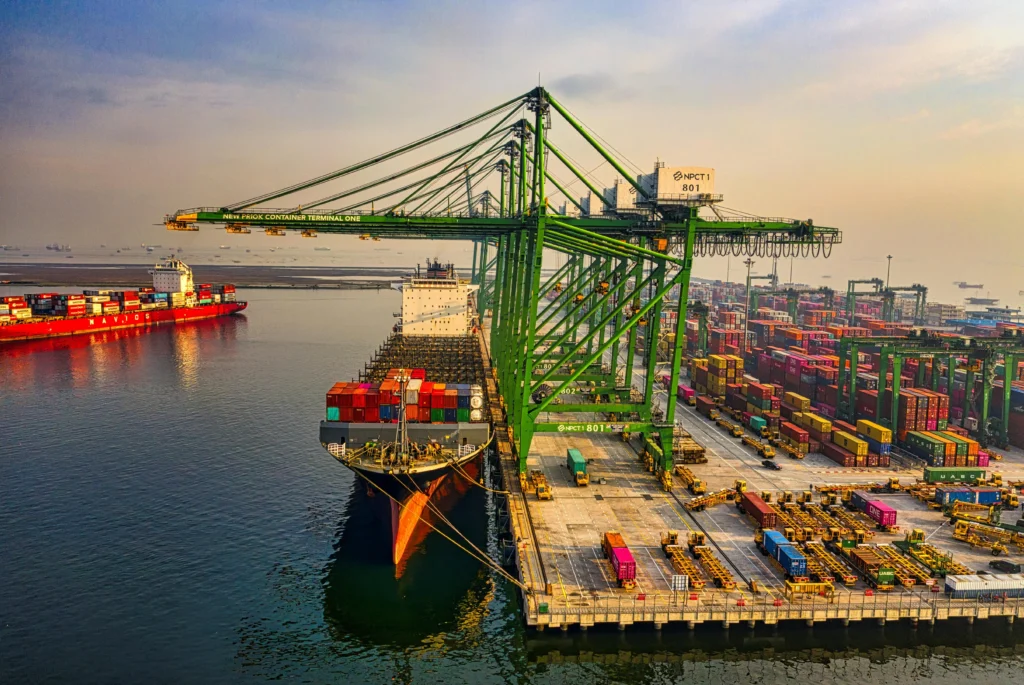What is CBAM?
The Carbon Border Adjustment Mechanism (CBAM) is a policy tool introduced by the European Union that imposes a carbon tax on imported goods from countries with less stringent climate policies. It is designed to prevent carbon leakage, which happens when european businesses shift production to countries with weaker environmental rules, potentially undermining global efforts to cut emissions.
CBAM will impose a price on the carbon emissions associated with products imported into the EU. This price will be calculated based on the difference between the carbon taxes applied in the EU and those in the countries of origin of the products. Importers will be required to purchase CBAM certificates to cover the carbon emissions generated in the production process of the imported goods.
CBAM will initially be applied to a limited number of sectors that are considered to be most at risk of carbon leakage. These sectors include:

We handle the creation of an account with the European Commission and in the CBAM Registry.
We offer training on how to complete the information related to imported goods on the CBAM reporting platform, including written procedures and online sessions to clarify the use of the platform.
We collect the necessary data from importers regarding their suppliers to build an appropriate database for CBAM reporting.
We prepare CBAM reports based on the data collected from suppliers and manage CBAM emissions data between importers, suppliers, and representatives.
We handle correspondence with the CBAM Registry to resolve errors or other issues encountered during reporting.
We manage correspondence with national authorities to respond to inquiries related to the information in the CBAM report.
We monitor CBAM legislative developments to ensure ongoing compliance with regulations regarding the import of products.
We offer an advanced app to collect the necessary data from the suppliers, afterwards the app creates the CBAM report.
Implementation and Phases
CBAM will be implemented in more steps:
During this period, importers will need to report the carbon emissions associated with imported products, but they will not be required to purchase CBAM certificates. This will allow the EU to collect data and adjust the mechanism before full implementation.
2. Full Implementation (starting in 2026)
Starting with 2026, importers will be required to purchase CBAM certificates to cover the carbon emissions associated with imported products.
News
News
©2025 Carbon Expert. All rights reserved.